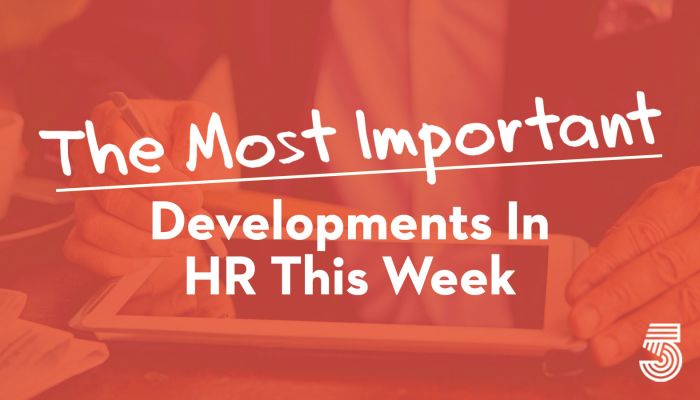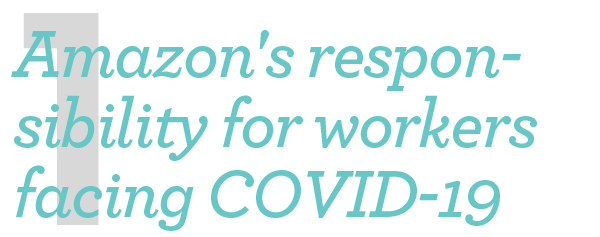
Responding to the spread of COVID-19 cases in the U.S., Amazon has joined a growing number of companies directing their executives to suspend domestic travel “until further notice.” As reported in The New York Times, Dave Clark, Amazon’s Senior Vice President in charge of the firm’s worldwide operations, told his employees that no group or team meetings requiring travel should be planned sooner than the end of April, “by which time hopefully we have a better sense of the virus, its spread, and impact.” In this internal message, Clark stressed that “we are watching this situation closely with a focus on the safety of our teams.” All of this seems prudent and sensible, all the more so because two Amazon employees in Italy, and a third in Seattle, recently tested positive for the virus, which has claimed more than 3,000 lives worldwide. Forbes
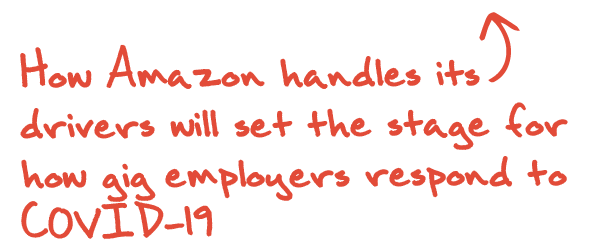

The emergence of SARS-CoV-2 is providing a shock to HR operations. As of March 10, the Centers for Disease Control (CDC) has reported 647 confirmed and presumptive positive cases in the U.S. across 36 states and Washington, D.C. The agency has published an interim guidance document for businesses and employers that includes a number of precautions, including: encouraging sick employees to stay home, separating sick employees from the rest of the workforce, and emphasizing proper hygiene. Paid sick leave may assist in encouraging those who have contracted the virus, or those who are at increased risk of contracting it, to stay home. The CDC recommends in its guidance that employers ensure their sick leave policies are “flexible and consistent with public health guidance” and that employees are aware of the policies. HR Dive

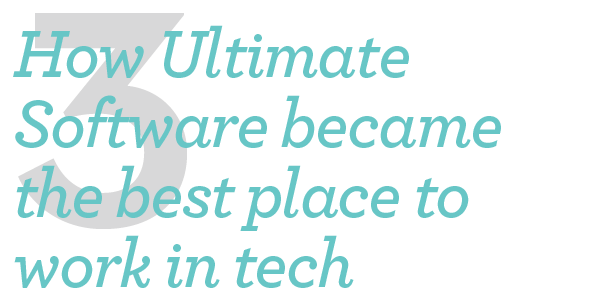
After spending nearly 30 years creating a culture that has made Ultimate Software the best workplace in the tech industry, Scott Scherr and Vivian Maza went out on top. Scherr, Ultimate Software’s founder and former CEO, and Maza, its Chief People Officer, retired in December 2019, less than a year after the company was acquired by private equity firm Hellman and Friedman for $11 billion. Last month, H&F announced that Ultimate would soon merge with Kronos, another human capital management (HCM) software company in its tech portfolio, to form a new HR tech giant with an estimated combined value of $22 billion. When asked about their proudest achievements from their nearly 30 years at Ultimate, both Scherr and Maza have said it was their people, or UltiPeeps, the term the company affectionately uses when referring to its workers. Case in point, Ultimate’s tag line and company logo includes the phrase “people first.” Those happy UltiPeeps have helped Ultimate Software score highly every year on Great Place to Work’s Trust Index Survey, which measures and evaluates employee engagement at thousands of companies globally. Fortune
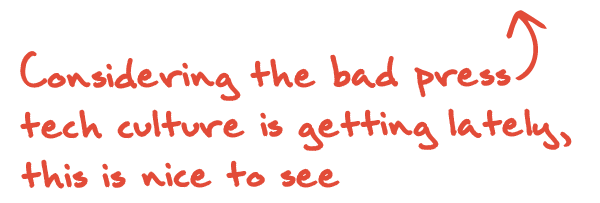
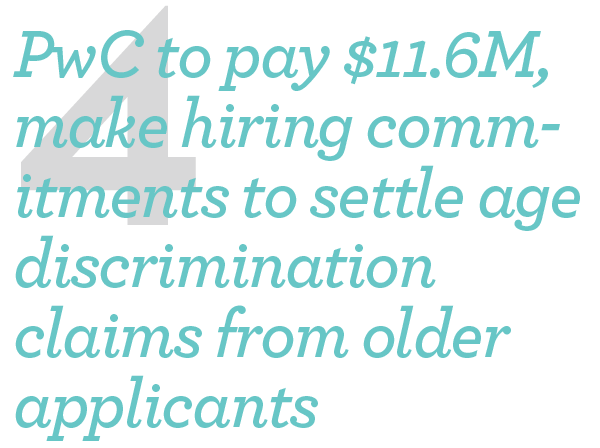
PricewaterhouseCoopers has agreed to pay $11.625 million to settle a lawsuit claiming the global accounting firm discriminated against older applicants for certain positions. The deal, outlined in court papers filed Tuesday evening, would require the global accounting firm to commit to a hiring program that would allow candidates age 40 or older to apply for entry-level positions. The programmatic relief, that the firm would be required to maintain for at least two years under the deal, includes hiring a consultant to advise on inclusivity and age bias in the hiring and training process, advertising positions to older workers, and to avoid asking graduation date information of applicants who have graduated from college before making a job offer. The settlement also requires the company to make “public and internal statements” expressing its commitment to diverse hiring, including using age-diverse photos in its recruiting materials. PwC’s chief purpose and inclusion officer, Shannon Schuyler, who is charged with working with the outside consultant under the settlement, said in an emailed statement that the firm “is proud to affirm its commitment to identify and hire older workers.” Law.com
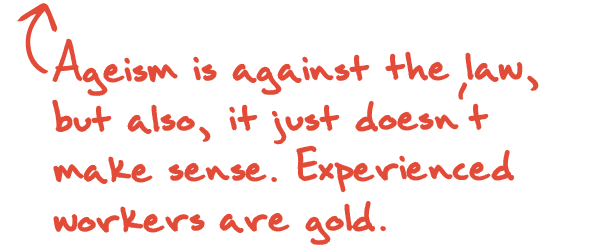
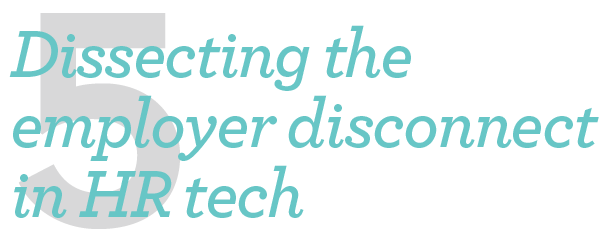
Despite serious dollars spent on technology, buyers remain unsatisfied with outcomes. Injecting new or updated technology into the human resource realm is no recent phenomenon; employers have been tweaking their HR tech solutions for two decades or more. From client-server to cloud-native platforms, the spending and the effort on tech improvements are not in dispute — but their effectiveness may be. According to HR-tech guru Josh Bersin, in his HR Technology 2019 Market: Disruption Ahead report, more than 12 million U.S. employers are spending over $5 trillion on payroll, benefits, and other employee programs annually. Bersin reports that, with more than 40% of the U.S. workforce changing jobs annually, the result is a $250 billion-plus market just for products related to recruitment, advertisement, assessment, and interviewing. Unfortunately, despite all that spending, it appears that results lag expectations and outcomes. According to recent research from Raven Intel and the International Association for Human Resource Information Management, HR leaders report their tech projects continue to disappoint in the all-important success quotient. Human Resource Executive







